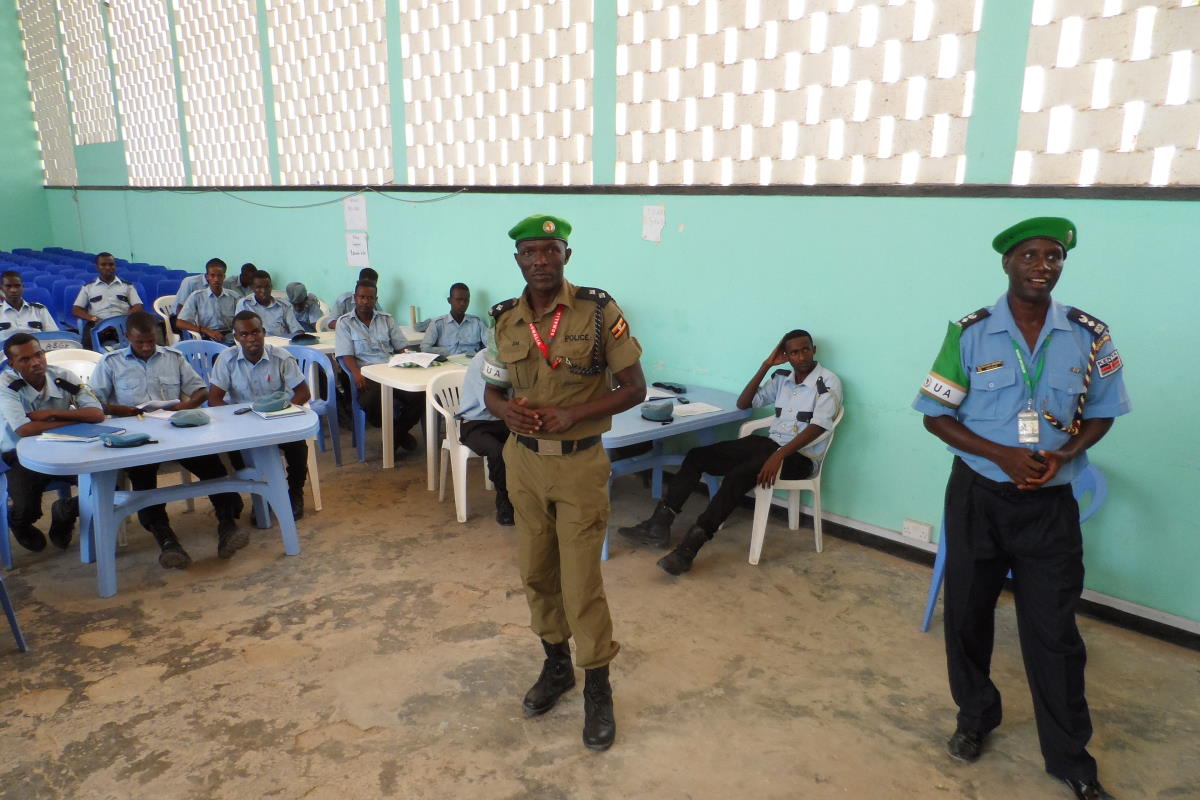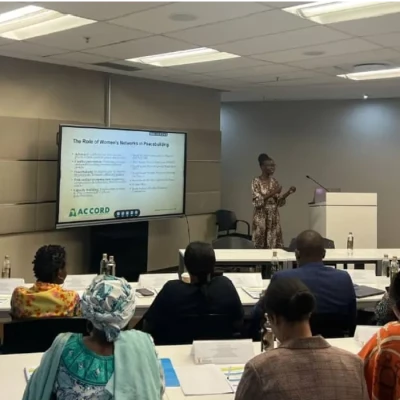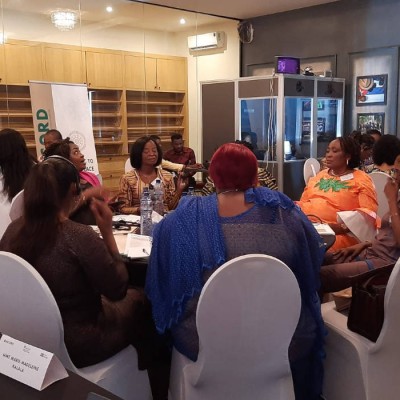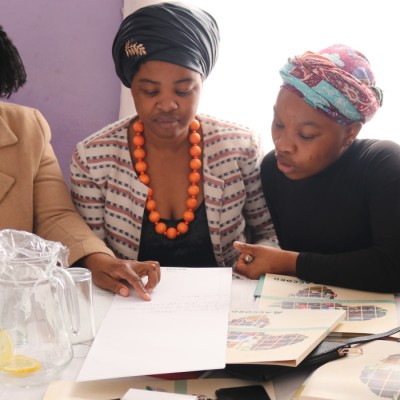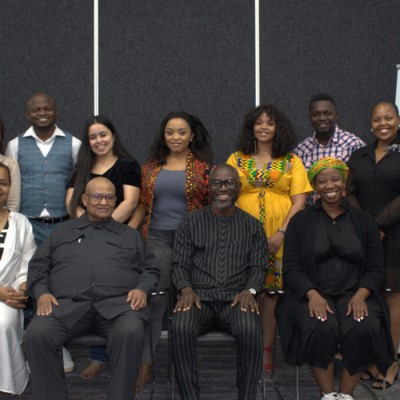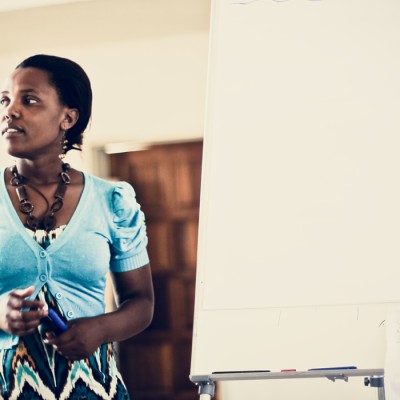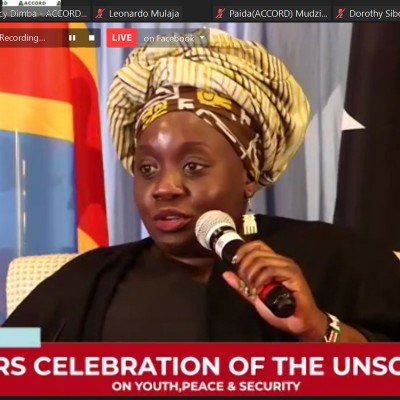What Is The “TfP Civilian Peacekeeping And Peacebuilding Course”?
As prospective participants may be aware, the role of civilian peacekeepers in Peace Support Operations (PSO) have generally been unknown and under researched. However the various roles played by non-military personnel during a PSO contribute greatly to the peace process. The civilian dimension of peace operations cover all the non-military aspects, such as political affairs, civil affairs, human rights, election monitoring and observation, security sector reform (SSR), disarmament, demobilization and reintegration (DDR), rule of law (RoL), Gender, HIV/Aids, child protection, sexual exploitation and abuse (SEA), conduct and discipline, public information, humanitarian liaison and assistance and mission support (including administration, human resources, finance, logistics and information technology and communications) functions.
Recognizing the limited knowledge that existed (and to a degree still persists) on the role of the civilian dimension of PSOs, the TfP Programme at ACCORD decided to focus on the role of civilian specialists in UN and African peace operations and has spent a considerable amount of time studying the role of civilian specialists in UN peacekeeping operations. An initial step was to break through the general confusion that exists around the role of civilian specialists in PSOs. A second step was to identify what training these civilian role players would require in order to be efficient in their work within the peacekeeping context.
In order to consider the training needs of the civilian dimension, ACCORD hosted a Civilian Peacekeeping Training Seminar in Durban in October 2000. This Seminar brought together a number of training institutions to discuss the needs of those who deploy civilians in the field and those that train them. The Seminar came up with a number of recommendations and these, combined with the research undertaken prior to the Seminar, motivated the Training for Peace Programme to develop a Civilian Specialist Course from 2001 onwards that has continued to prepare participants for civilian roles in both UN and African missions.
Participant Profile
Prospective participants for this course are trained and experienced civilians working in various relevant fields of expertise in Africa and the course aims to prepare them for service in peacekeeping and peacebuilding missions. This is done by building on their existing skills and expertise by showing them how these can be applied in the peacekeeping and peace building contexts, and by providing them with the knowledge and additional personal skills they would require.
Participants are selected on the basis of an application procedure and the selection of participants for each course will take into account a range of factors, including:
- Country of origin;
- Level of education/ qualification (tertiary education an advantage);
- Work experience and current position/employment;
- Experience in terms of the topic for the specialisation module. Efforts will be made to select participants that would benefit most from the specialisation topic;
- Future interests and willingness and availability to serve in peacekeeping and peace building missions;
- Regional experience;
- Age; and
- Gender (a gender balance will be maintained).
Course Methodology
The CPPC course is a modular course that builds on the existing professional skills of civilian personnel by focusing on how their skills and expertise can be applied in the peace operation and peace building context. Through this modular concept, the Programme is able to maintain a core curriculum and consistently apply a specific methodology to the Courses, without having to organize a new course every time there is a new specialist need. Specialist needs are accommodated by dedicating about 30% of the Course time to specialist focus areas whilst using the remaining 70% to transfer the general knowledge and personal skills all civilians in peacekeeping and peace building missions should have.
The Courses are typically conducted over 5 days. The methodology is highly participatory and comprises substantive presentations, case studies, group work and practical exercises.
The AFDEM Database
In order to ensure the highest possibility of participants being deployed and that the skills acquired during the course being utilized, participants will have the opportunity to apply to be included on the African Civilian Standby Roster for Humanitarian and Peacebuilding Missions (AFDEM). AFDEM houses the details of past participants who have graduated from the TfP courses, and when called upon to do so, submits them for consideration for possible deployment.
What is the Cost for Participation?
ACCORD covers costs associated with travel (including return airfare and ground transport in the country where the training is taking place), training materials, accommodation and meals associated with participation. All participants are responsible for costs relating to:
- Visas;
- Airport tax;
- In-country transport costs from your residence to the airport/ bus terminal etc.; and
- All personal costs such as laundry, photocopying, personal transport, telephone calls, alcohol (including during meals), and any other services taken advantage of by yourself that are not directly associated with the course.
All selected applicants will be given further ‘Joining Instructions’ upon confirmation of participation which will give further relevant details relating to the course.
The Conflict Management for Peacekeepers and Peacebuilders Course
The Programme also conducts a Conflict Management for Peacekeepers and Peacebuilders course as part of the TfP CPPC Specialized curriculum. The course was developed through a natural combination of the Programme’s specialised focus on peacekeeping and ACCORD’s specialised knowledge and expertise in conflict management. Its purpose is to impart conflict management skills in the form of negotiation, mediation and facilitation, to United Nations and African peacekeepers.
Developed in 1997, the course has been further refined and improved upon through the over 50 courses for more than 1500 peacekeepers conducted thus far. Most of these have been conducted as part of UN Military Observers, Civilian Police, or as a standard module within the TfP Civilian Peacekeeping and Peacebuilding Courses (CPPC) or as part of several DPKO UN Training Assistance Team courses. It has also been conducted for regional peacekeeping centres like the Southern African Development Community (SADC) Regional Peacekeeping Training Centre (RPTC) in Harare, Zimbabwe; and the Peace Support Training Centre in Nairobi, Kenya; or as a stand-alone course in missions, e.g. in UNMEE, UNMIL, MONUC, UNMIS and UNAMID, among others.
The Programme has also completed the development of its Conflict Management for Peacekeepers and Peacebuilders handbook which serves as a practical guide to managing conflict in contemporary complex peace operations. The handbook is used in all conflict management courses conducted by TfP/ACCORD. The course is targeted at the various categories of persons that will participate in peace missions, including military, police, civilian mission personnel and humanitarian aid workers.
The key objectives of the Conflict Management course include:
- Strengthening the skills and capacity of peacekeepers in conflict management, communication, negotiation and mediation skills in this way assisting them to become more effective conflict interveners;
- Contributing to improved relations on the ground amongst all relevant stakeholders in the multidimensional peacekeeping environment;
- Equipping peacekeepers with the requisite skills set to assist them to build and consolidate more positive relationships with host communities; and
- Further contributing to the institutionalization of conflict management as a non violent method of dealing with conflict
The conflict management courses are usually run over a three day period for a maximum of twenty-five participants. They are also highly interactive and participants are invited to engage in discussions, share experiences and partake in negotiation and mediation role plays which are followed by thorough debriefing sessions.

